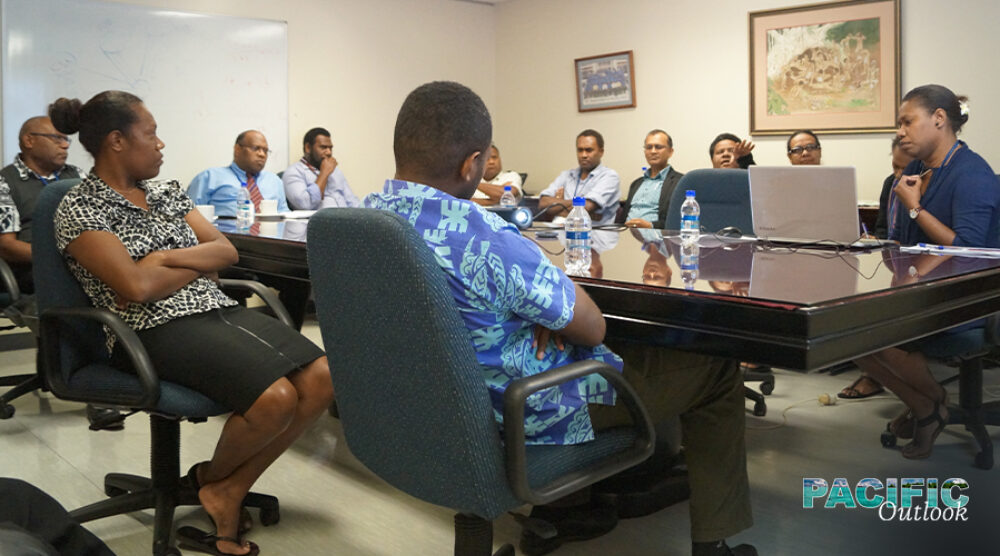In a previous article on the Pacific Forum, I raised the prospect of information sharing among the people of the South Pacific—particularly those in rural areas. In this article, I offer some thoughts on ‘information sharing’ among central banks in the region.
Building on Governor Luke Forau’s article about Griffith University’s South Pacific Centre for Central Banking’s (SPCCB) pioneering capacity-building efforts for the region.
There is no doubt that the SPCCB model has been very effective in bringing the region’s central banks together on a research platform—joint working papers, training, conferences and the rest. The latest, rebranding of the SPCCB blog—Pacific Forum—provides a great opportunity for the region’s central bankers to develop scholarly and academic writing styles. It also promotes expertise in non-technical commentaries and analysis on issues of interest for the general public and builds confidence in engaging with the general public and alerting them to new policy initiatives.
The Forum provides an avenue for another critical and much-needed platform—information sharing. As alluded to in my previous article, with much confusion and chaos emanating from COVID-19 and related events, information sharing, particularly in the region would be immensely helpful.
The Pacific Forum provides an avenue for all central banks in the Pacific region, including Papua New Guinea, Fiji, Solomon Islands, Vanuatu and Timor-Leste—Griffith’s partners—to share information relating to actions the central banks have taken to address the effects of COVID-19 for example, or reports on the effect the crisis has had in the region.
Senior policymakers in central banks could benefit from a shared pool of knowledge about monetary policies in light of the pandemic and learn from each other’s experiences. For example, the Reserve Bank of Vanuatu posted an announcement on its website relating to policy interest rate adjustment due to COVID-19. On the Reserve Bank of Fiji site, a policy announcement relating to small and medium enterprises. On the Bank of Papua New Guinea site, a survey on the impact of the COVID-19 lock-down on businesses. The Banco Central De Timor-Leste made an announcement on suspension of new licences for money transfer operators. Economic updates by the region’s central banks such as the RBF’s Economic Review, would also be useful for others in the region. A collection of weekly or even fortnightly posts on these policy announcements and economic updates from the central banks would be a valuable resource.
In fact, it would be great for central banks of Australia and New Zealand to share their experiences and insights as well. We in the Pacific have very high regard for the Reserve Bank of Australia (RBA) and Reserve Bank of New Zealand (RBNZ). A recent statement by Governor Philip Lowe, on the RBA’s monetary policy decision and on the RBNZ site, an article titled ‘Financial system will benefit supporting economic recovery’.
Our development partners—Asian Development Bank, World Bank, International Finance Corporation, International Monetary Fund, Pacific Financial Technical Assistance Centre and others may also share their experiences and thoughts via the Forum.
In conclusion, let me invoke another prospective ‘regional’ concept—there seems to be an opportunity for a regional policy committee as well. Several joint working papers (Griffith and the central banks) have now been published, with policy outcomes. The rigor and evidence-based policy recommendations are likely to apply—even if with national discretion—to most Pacific island countries.
Thus, great opportunities await us—it might be just a matter of embracing them!
Raynold Moveni is the Deputy Governor of the Central Bank of Solomon Islands.
The views in this article are that of the author and do not necessarily reflect the views of the central bank.








